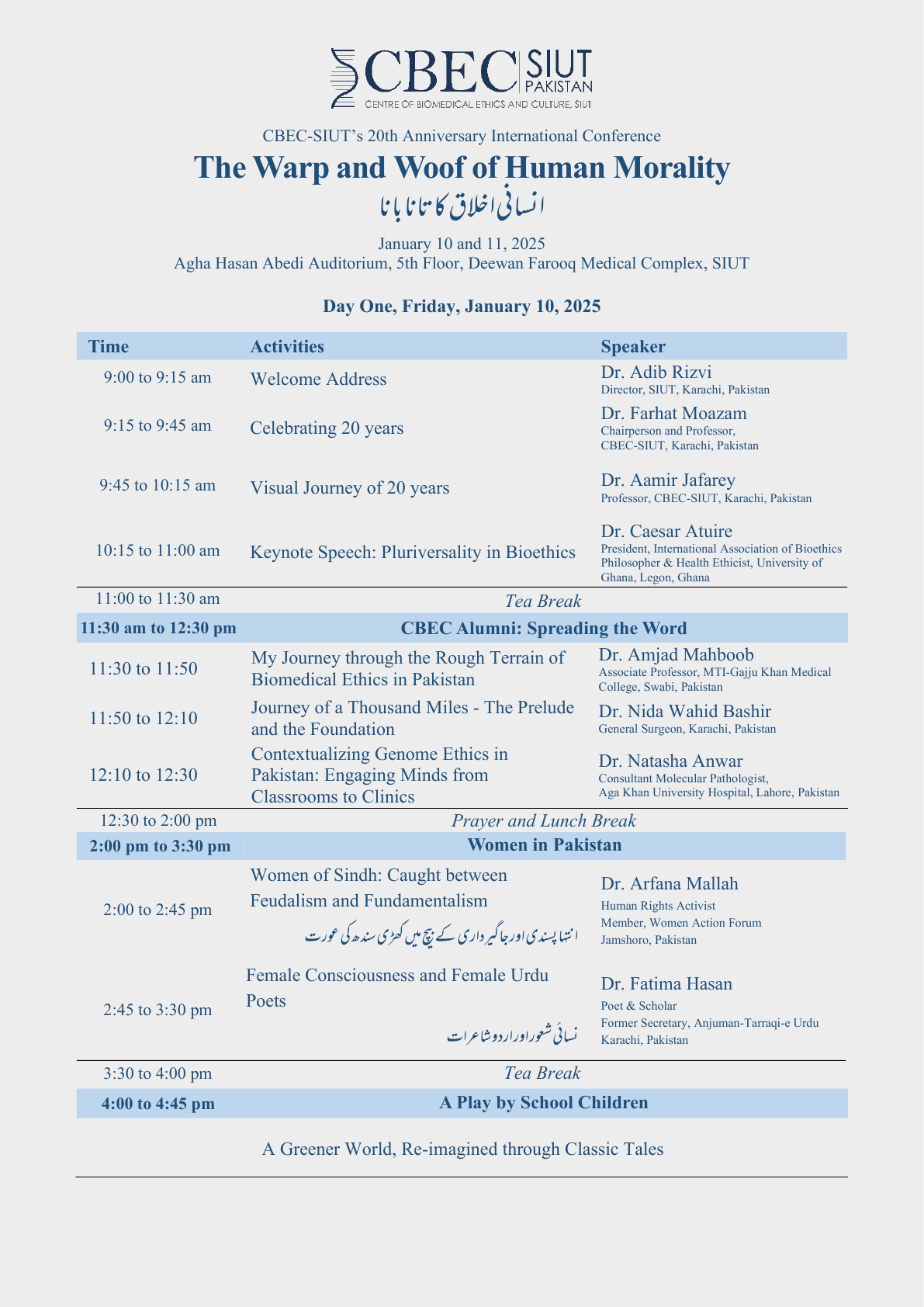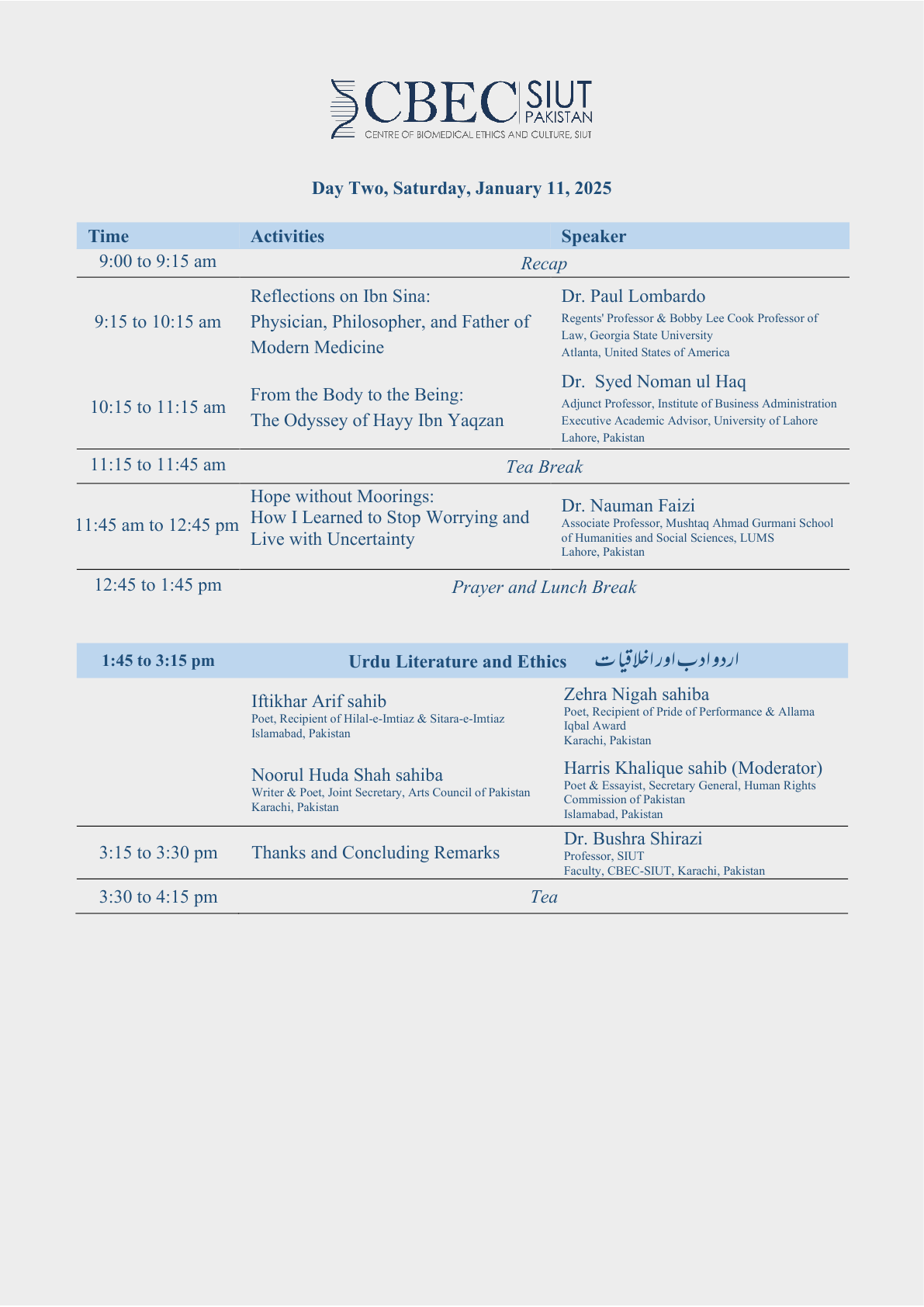Photo by Rod Long on Unsplash
CARING: THE BASIS OF OUR LIVES
Priya Sharma*
It takes a village to raise a child. This African proverb was quite true when it came to my childhood. Growing up in a remote Indian village on the lower foothills of the Himalayas, I would rarely be found in my own house. When I was little and it wasn’t a school day, I would bathe at someone’s place, take a nap at another’s, and eat at yet another’s. Such communal caring is embedded in the way our lives are structured in many parts of South Asia, especially in rural areas. More often than not, these are women from extended families or neighboring households who have become kin over time who help distribute the caring responsibilities, especially towards children. However, caring responsibilities are not only towards children, they are also towards the elderly, the contemporaries, the sick, the farm, and the larger society we live in. Navigating various competing needs and sustaining relationships across conflicts and vulnerabilities underlie such caring. It further helps sustain life but can also exhaust the one doing the caring. In this piece, I look at ‘care’ as a deeply embedded value in our lives and ask how we can care for the ones who care. Probing us on the basic necessity of care in our lives, I aim to reflect on how we can make care more just and fair so that we do not end up disproportionately burdening women or people from marginalized sections with this life-sustaining task. I draw from and build on the work of feminist scholars for this reflection.
In our culture (in India, the larger subcontinent, and the diasporic community) as well as the other indigenous cultures, the relational nature of our very being more or less always takes center stage. However, this relational nature is also true for more individualized societies, something that feminist ethics of care, a moral and political philosophical perspective brings our attention to. Feminist care ethicists centralize care while talking about moral action and how we can move towards a more just world. Care is what makes us who we are. We all are vulnerable and interdependent. Care is fundamentally basic as one requires care right from the time one is conceived to the time one dies and in many cultures one is cared for, ritually, even beyond that. For example, in my village where all families are upper caste Brahmin Hindus, each year we have community rituals and feasts in the memory of our ancestors known as Shraadhs. Through this, we remember and thank our ancestors. As I write this piece, we are preparing to mark my paternal grandfather’s first death anniversary with prayers and a communal feast. So care is entrenched in our ways of life.
However, when it comes to routine tasks of caring, it is mostly women who are tasked with this labor. Of course, the one who provides the financial support for the family cares for it, however at times that support is regarded as superior to the actual physical tasks of caregiving. This has to do with the way these tasks, performed by certain sets of people (mostly women and other marginalized communities) in homes (and beyond), have become so deep-seated in our lives that they seem almost natural. It seems that certain people are naturally ordained or meant to do these tasks. While any of us could be more inclined to certain tasks in life, such naturalization especially around care obscures the fact that it is actual labor. It involves feelings of care but also the actual work of care. Moreover, the paid productive work is sustained because someone does the unpaid care work. This work of looking after the household, children, elderly, and even cattle and farm reproduces not just the worker who goes out for a paid productive job but every other member as well as the society at large. Furthermore, feminist scholars have included the very act of birthing and maintaining kinship networks as a part of this, putting all of this under social reproduction. However, the privatized nature of unpaid care work masks its “labor” aspect and rather makes it seem as if women or people from marginalized sections are somewhat naturally meant/wired to do these tasks.
No one can deny the labor that goes into gestating and birthing a child, be it for oneself or for another like in surrogacy (and in latter the labor component, both bodily and epistemic, becomes all the more apparent). It is something that a female birthing body has the incredible capacity to do, if they want to. It is a potential that can or cannot be there in people born with uterus, which even if they have, they could choose to harness or not as per their contextual decisions. In either case, the caring labor they put into caring for themselves and the babies (if any) also requires care to be sustained. It is an act of deep caring to let people decide if they want to birth or parent children and how, one of the basic tenets of the Reproductive Justice movement and framework. If they choose to birth and parent, slowly the tasks that follow do not remain solely tied to female anatomy and hence can and should be divided amongst other members of the household and larger society.
Given care forms such an important component of our social fabric, it only makes sense to bring its actual labor component to the forefront and ask how we can make it more equitable. The division of caring responsibilities like with childcare or looking after the cattle for someone if they have to urgently go somewhere etc., especially in communities like the one I have grown up in, helps distribute the burdens of care to some extent but it still remains within the ambit of larger circles of women. We need to enlarge this circle by making sure that everyone partakes in caring, including the state, so that the very life-sustaining task of caring doesn’t suck the life out of the ones doing it.
As people move out of their parental homes and hometowns due to education and work opportunities, and set up neolocal households even in South Asia which has largely been patrilocal, the state’s responsibility both in terms of affordable childcare, elderly care, and care for the terminally ill amongst other things becomes pertinent. Work is now also being more justly divided between the partners sharing a household. Moreover, communities always help, they do, and one would want to have such networks even around their neolocal residences but it is not always possible. Hence the state needs to step in when it comes to providing care.
We are interdependent, relational, vulnerable beings and this entanglement is not just with each other but also with the larger environment we inhabit. We need to thereby take the communal idea of care towards our very surroundings to make sure we also maintain the conditions necessary for our survival going ahead. We all require care to survive– that is the fundamental human condition, but some require it more than others depending on age, health, or ability status. It is also true that we all have the potential to care without being patronizing. So let us! Realizing the centrality of care in our lives and its ethical potential will help us move towards more peaceful, healthier, happier, and just worlds.










